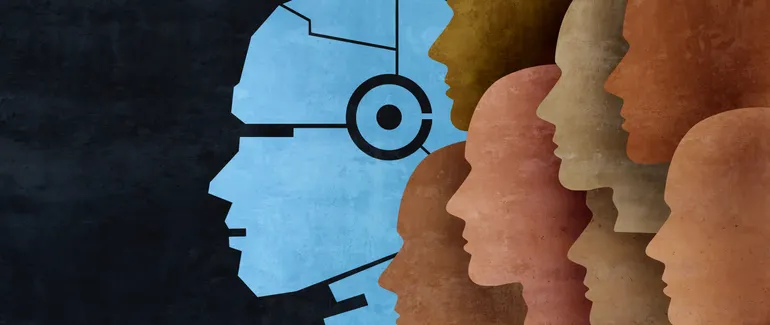In the rapidly evolving world of pharmaceuticals, the demand for experts with a unique blend of skills in artificial intelligence (AI) and healthcare is on the rise. One notable example is Eli Lilly, which recently appointed Thomas Fuchs as its first-ever chief AI officer. Fuchs brings a wealth of experience in computational pathology and AI, positioning him to lead the company’s AI initiatives across various aspects of drug discovery, clinical trials, manufacturing, and more.
The need for AI experts in the pharma and biotech industries is becoming increasingly urgent, as highlighted in a survey conducted by Parexel. According to the survey, 51% of biopharmaceutical leaders consider AI experts as one of the top three roles to fill in the next three to five years. However, recruiting individuals with the right combination of technical expertise and drug development knowledge is no easy feat.
Ideal candidates for AI roles in pharma and biotech should possess a deep understanding of both technology and healthcare. They should be proficient in AI and data management, with broad therapeutic and drug development knowledge. While finding candidates with equal competence in both fields is rare, successful hires are often individuals who are passionate about and committed to bridging the gap between tech and healthcare.
In addition to technical skills, soft skills such as critical thinking, problem-solving, and adaptability are crucial for AI executives in the pharmaceutical industry. These skills enable professionals to navigate complex challenges, innovate with disruptive approaches, and establish measurable outcomes that demonstrate the value of AI.
Cultural factors also play a role in the recruitment of AI talent in the life sciences industry. Tech professionals transitioning into healthcare must adjust to the slower pace and regulatory complexities of the field. Companies looking to attract top AI talent should engage with universities and tech hubs, provide ongoing training for their workforce, and focus on developing and retaining their teams to stay competitive in the evolving landscape of AI in pharma.
As the demand for AI expertise in the pharmaceutical industry continues to grow, companies that prioritize recruiting and developing AI talent will be best positioned to succeed in leveraging AI technologies to drive innovation and efficiency in drug development and beyond.


